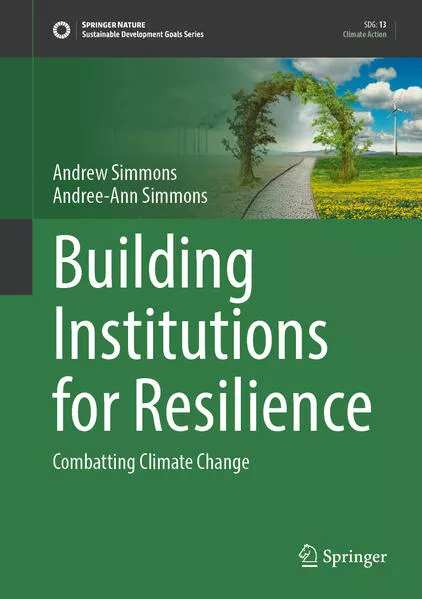
- Publikationen ca: 2
- Fragen & Antworten
Andrew Simmons
Building Institutions for Resilience
This volume uses a case study approach to present data on the relevance and effectiveness of the strategic actions implemented by NGOs, IGOs and governments at national, regional, and international scales, drawing lessons and recommendations to enhance the capacity of governments and institutions to deliver on climate change adaptation and sustainable development initiatives.
Building Institutions for Resilience
This volume uses a case study approach to present data on the relevance and effectiveness of the strategic actions implemented by NGOs, IGOs and governments at national, regional, and international scales, drawing lessons and recommendations to enhance the capacity of governments and institutions to deliver on climate change adaptation and sustainable development initiatives.

